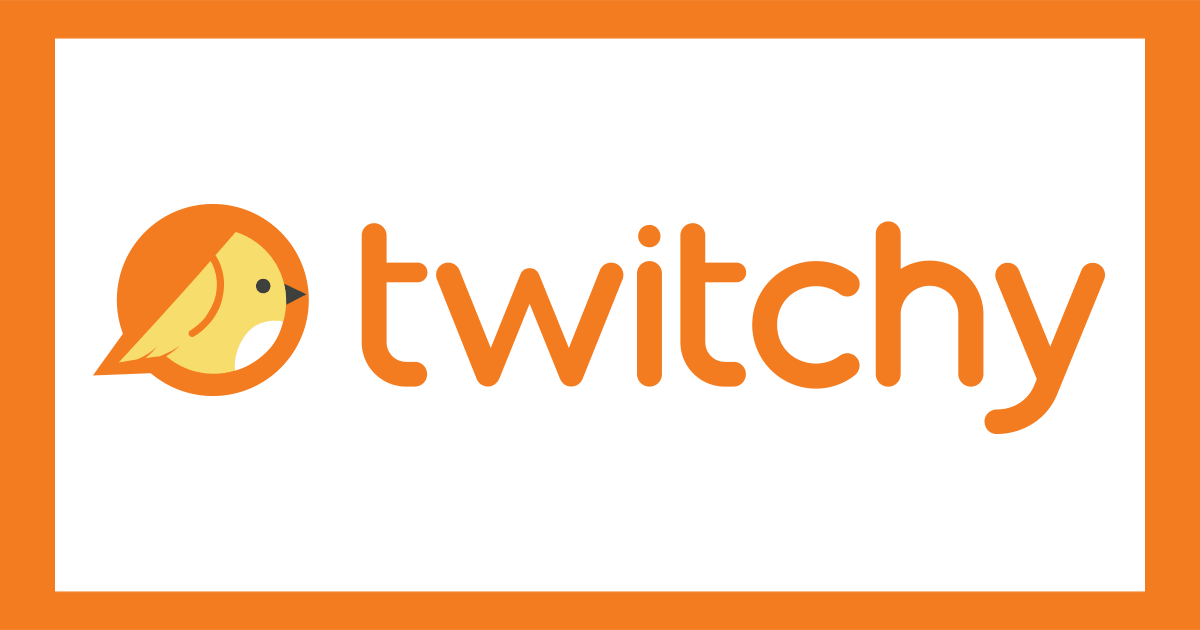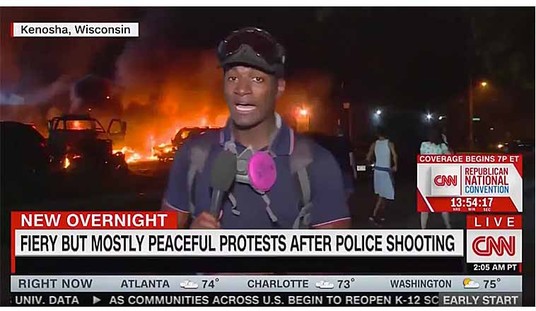Sen. Kirsten Gillibrand announced a new plan to get big money out of politics that would actually exponentially increase the amount of money in politics.
Her idea? Give everyone $600 of taxpayer money to spend on the candidate they want in House, Senate and presidential primaries and general elections:
Sen. Gillibrand has unveiled a plan to give every voter up to $600 in what she calls "Democracy Dollars" that they can donate to federal candidates for office. https://t.co/bhIw49h5g4
— MSNBC (@MSNBC) May 1, 2019
So basically a voter in say the 2020 presidential election would get $100 for the primary and $100 for the general election. From MSNBC:
Under Gillibrand’s plan, every eligible voter could register for vouchers to donate up to $100 in a primary election and $100 in a general election each cycle, either all at once or in $10 increments to one or more candidates over time. Each participant would get a separate $200 pool for House, Senate and presidential contests for a total maximum donation of $600 for those federal offices.
There would be strings attached for both donors and candidates. The money could go only to elections in the donor’s state, although they could be used for House candidates outside the voter’s district.
Now, here comes the math. Since around 63 million people voted for Trump in 2016, if each one of these voters gave the Trump campaign $200, that’s about $12 billion he could spend for 2020.
So, does Gillibrand actually understand how much taxpayer money she’s giving to incumbents? Because this is just insane:
Gillibrand predicted candidates would opt into the voucher system “because the potential of how much you could raise in this system is exponentially higher.”
Gillibrand plans to pay for the new spending with a tax on millionaires, which seems to be the way every new program will be funded:
I would eliminate the loophole that makes taxpayers subsidize excessively high CEO compensation: CEOs making 25 times the median salary of their employees or more than $1 million, whichever is less. That change would raise over $60 billion in ten years.
***























Join the conversation as a VIP Member